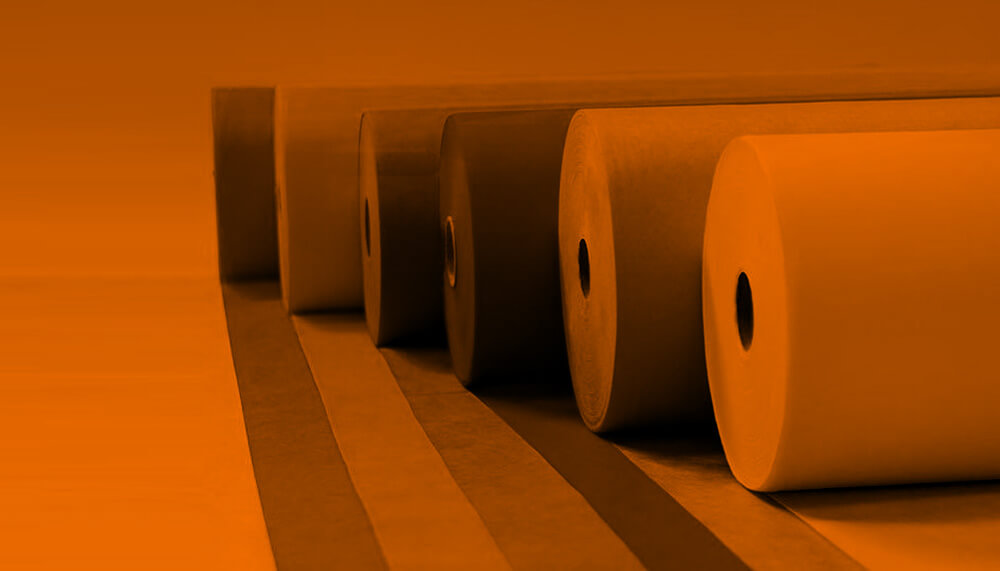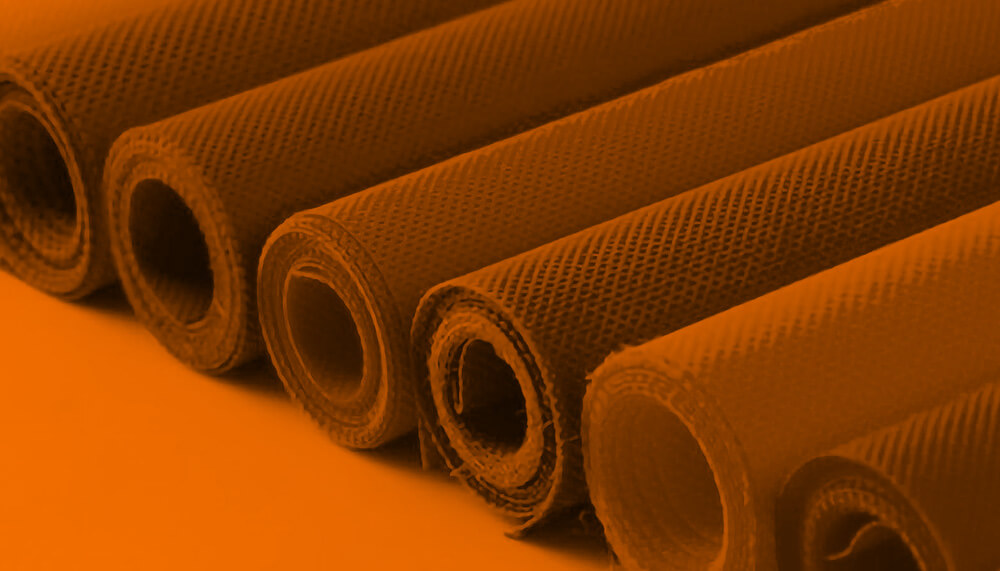Is it mandatory to wear a reflective vest?
The obligation to wear a reflective vest is typically a legal regulation applicable in specific areas such as traffic safety and occupational health. Many countries require individuals in traffic, especially drivers and roadside workers, to wear reflective vests during nighttime or low-light conditions to prevent accidents by attracting the attention of drivers, cyclists, and other road users. Moreover, in many workplaces, particularly in construction, roadworks, and industrial areas, employees are mandated to wear reflective vests. These vests enhance visibility and ensure safety in the work environment. The requirement to wear a reflective vest is a widely adopted practice aimed at implementing occupational safety standards and minimizing work-related accidents. However, the specifics of this requirement may vary from country to country and from one industry to another. Therefore, it is important for both employees and employers to adhere to relevant local laws and regulations to establish a safe working environment and prevent accidents.




